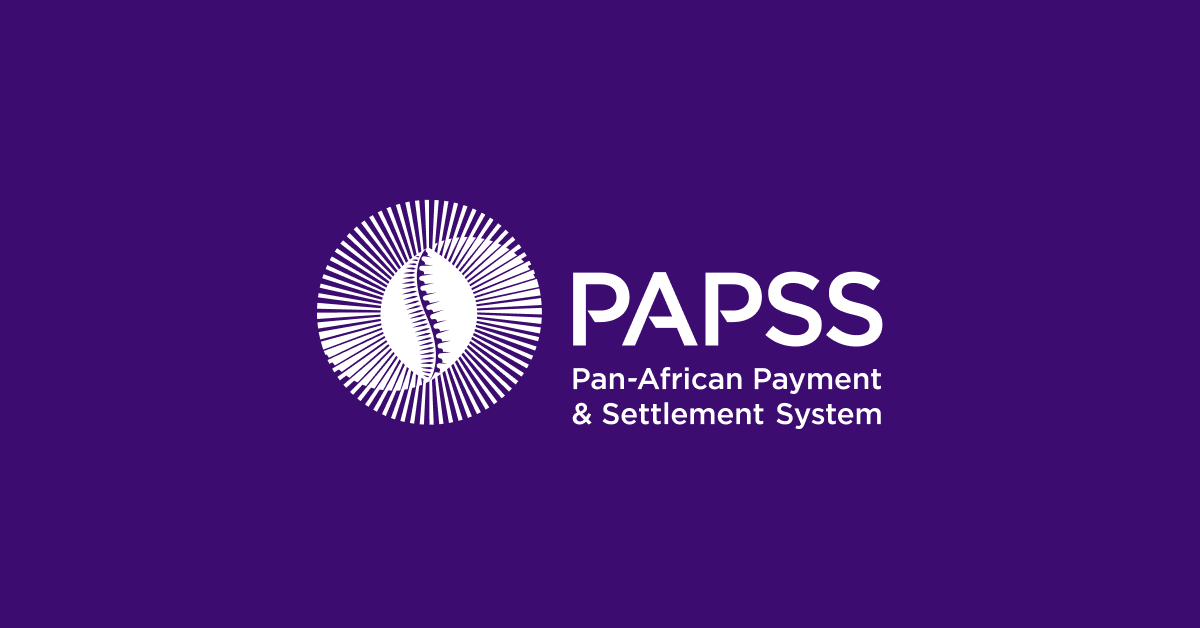Kenya has secured the hosting rights for the Pan-African Payment and Settlement System (Papss), a monumental step in Africa’s quest to diminish reliance on the US dollar for cross-border trade.
The official announcement, made by President William Ruto, positions Kenya as the headquarters for Papss, a revolutionary platform developed by the African Export-Import Bank (Afreximbank) with the endorsement of the African Union. This move is anticipated to reshape African trade dynamics by enabling transactions in local currencies, eliminating the need for multiple conversions often facilitated through US and European correspondent banks.
Read also: Samsung partner KOTRA to showcase products at Kenya Expo
Cost Savings and Economic Impact
The projected cost-saving potential of Papss is significant, with estimates suggesting it could save the continent approximately USD 5 billion in currency conversion expenses, according to the African Continental Free Trade Area (AfCFTA) secretariat in Ghana. AfCFTA, a transformative agreement among African nations aimed at creating a single market and fostering economic integration, views Papss as a critical enabler for intra-African trade.
Kenya’s Technological Leadership and Acceptance of Hosting Role
President Ruto, addressing participants at the launch of AfCFTA’s Trade and Development Centre, expressed Kenya’s commitment to Africa’s integration and its readiness to host Papss. He highlighted Kenya’s leadership in technology, its promotion of AfCFTA, and the country’s eagerness to support institutions fostering continental integration. This acknowledgment positions Kenya as a champion of African unity and technological advancement.
Broader Implications for Economic Integration
The move towards a unified payment system has broader implications for Africa’s economic integration, aligning with the foundational objectives of African unity. It addresses challenges faced by small and medium enterprises and young entrepreneurs who often grapple with the costs associated with currency convertibility. By facilitating transactions in local currencies, Papss aims to empower businesses, particularly those at the grassroots level.
Currently, a significant portion of intra-African trade is routed through the US and Europe, incurring additional costs and delays. The absence of an integrated payment and settlement infrastructure results in approximately 80 percent of intra-Africa trade deals going through intermediary currencies like the US dollar or euro. Papss seeks to streamline this process, offering a more efficient and cost-effective alternative for businesses engaged in cross-border trade within the continent.
Addressing Dollar Shortages and Currency Depreciation
The recent shortage of the US dollar in Africa, exacerbated by global economic challenges, has underscored the risks associated with overreliance on the US currency in intra-African trade. This dependency has contributed to currency depreciation in various African nations. Papss, by allowing transactions in local currencies, mitigates these risks and enhances the resilience of the African financial ecosystem.
While regional trading blocs already have cross-border payment systems, such as the Regional Payment and Settlement System (REPSS) and the East African Payment System (EAPS), Papss represents a more comprehensive effort to address these challenges on a continental scale. Its implementation is expected to create a more seamless and integrated financial landscape across Africa.
Kenya’s Leadership Position and Potential Impact
Kenya’s successful bid to host Papss not only places the country at the forefront of the movement to reduce the dominance of the US dollar in African trade but also positions it as a key player in shaping the economic landscape of the continent. This initiative aligns with the historical pursuit of African unity and signifies a significant step toward achieving the region’s inclusive trade and economic integration.
The platform’s potential to reduce costs, streamline transactions, and empower businesses aligns with the broader objectives of African economic integration. As Papss moves closer to formal adoption by the African Union’s Assembly of Heads of State and Government in February, the continent anticipates a transformative shift towards a more interconnected and resilient financial ecosystem. Kenya’s role as the headquarters for Papss positions the country as a leader in fostering technological advancements and supporting the continent’s journey towards economic unity.




